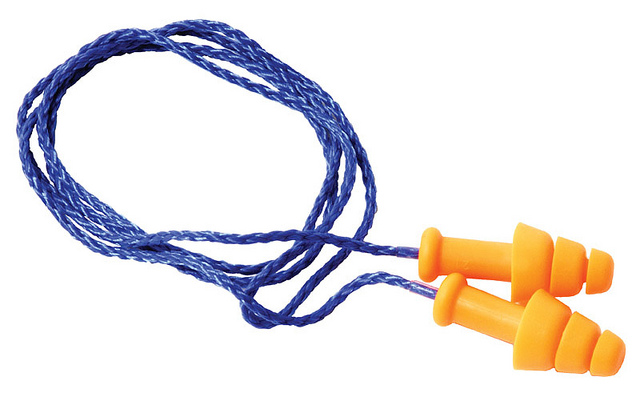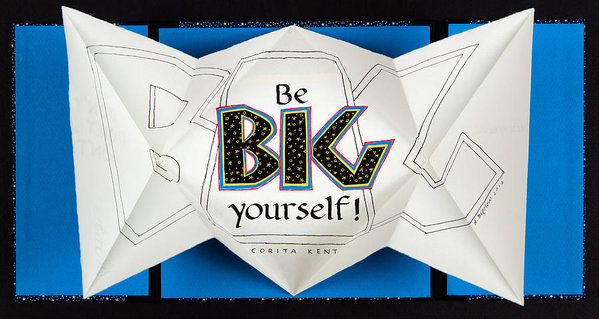“We all have our limitations, but when we listen to our critics, we also have theirs.”
—Robert Brault, American freelance writer

Image from Unsplash by SEP
One of the very first personal development programs I attended in my early twenties was Dr. Wayne Dyer’s How to Be A No-Limit Person.
I had recently graduated from college, was just married and entering the working world with great anticipation and excitement. Dyer’s message of being a no-limit person was just the boost I needed to bring my full energy, enthusiasm, and drive to my efforts.
Along the way, I ran into numerous professional and personal speed bumps.
Doubts and discouragement definitely caused me to not shoot as often or as high as before.
Unfortunately, I also began listening to others who put a few more mental barriers in my way, based on their own self-imposed limitations and biases.
EXERCISE:
Where and on what personal or professional matter are you being limited by your own views or the views of others?
What bold and courageous actions can and will you take to be the no-limit person you want to be?








